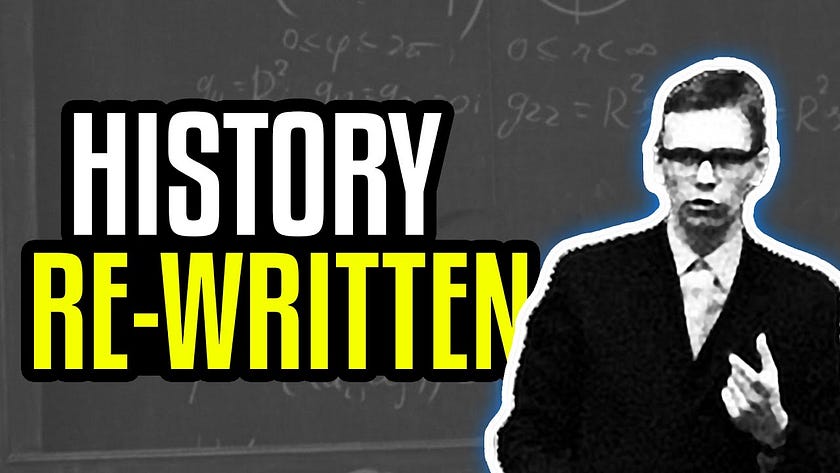
Philosophy, the ancient pursuit of wisdom and understanding, owes its existence to the thinkers, scholars, and visionaries known as Philosophers. Spanning centuries and continents, philosophers have delved into the deepest questions of existence, morality, knowledge, and the nature of reality itself. In this exploration, we journey through the annals of philosophical history, examining the lives, ideas, and enduring legacies of these intellectual pioneers.
The Origins of Philosophy: The origins of philosophy are deeply rooted in ancient civilizations, with the Greeks often credited as the progenitors of the Western philosophical tradition. From the pre-Socratic thinkers such as Thales, Heraclitus, and Pythagoras to the towering figures of Socrates, Plato, and Aristotle, Greek philosophy laid the groundwork for centuries of philosophical inquiry.
Socrates: The Gadfly of Athens: Socrates, arguably one of the most influential philosophers in history, eschewed written texts in favor of engaging in dialogues with his fellow citizens in the streets of Athens. Renowned for his Socratic method—a form of cooperative argumentative dialogue—Socrates sought to provoke critical thinking and self-examination in his interlocutors. His unyielding commitment to truth and virtue ultimately led to his trial and execution, immortalized in Plato's dialogues such as "Apology" and "Phaedo."
Plato: The Idealist Philosopher-King: The student of Socrates and the teacher of Aristotle, Plato's philosophical contributions are vast and profound. In his seminal work, "The Republic," Plato explores the nature of justice, governance, and the ideal state through the allegory of the cave and the concept of the philosopher-king. Plato's Academy, one of the earliest institutions of higher learning, served as a crucible for philosophical thought and inquiry in ancient Athens.
Aristotle: The Master of Logic and Science: Aristotle, perhaps the most systematic of the ancient philosophers, made significant contributions to nearly every field of human knowledge, including logic, metaphysics, ethics, politics, biology, and physics. His methodical approach to inquiry and classification laid the foundation for the scientific method and exerted a profound influence on subsequent generations of philosophers and scientists.
Medieval and Renaissance Philosophers: Following the decline of the Roman Empire, philosophical inquiry persisted through the Middle Ages, primarily within the Christian intellectual tradition. Figures such as St. Augustine and St. Thomas Aquinas synthesized classical philosophy with Christian theology, paving the way for the Scholastic tradition. During the Renaissance, philosophers like Niccolò Machiavelli, Francis Bacon, and René Descartes challenged traditional religious and philosophical dogma, ushering in an era of scientific and intellectual revolution.
Modern and Contemporary Thinkers: The Enlightenment of the 17th and 18th centuries saw the rise of rationalism, empiricism, and liberalism, with thinkers such as John Locke, David Hume, and Immanuel Kant shaping the course of modern philosophy. The 19th and 20th centuries witnessed further diversification and specialization within philosophical inquiry, with existentialists like Søren Kierkegaard and Friedrich Nietzsche grappling with the human condition in a godless universe, while analytic philosophers like Bertrand Russell and Ludwig Wittgenstein sought to clarify language and logic.
Philosophy in the 21st Century: In the 21st century, philosophy continues to evolve and adapt to the challenges of a rapidly changing world. Contemporary philosophers explore a wide range of topics, including ethics, political philosophy, philosophy of mind, and environmental philosophy. The advent of technology has also given rise to new fields of inquiry, such as philosophy of artificial intelligence and bioethics, as society grapples with the ethical implications of scientific and technological advancements.
Conclusion: Philosophy, from its humble beginnings in ancient Greece to its diverse manifestations in the modern era, remains a vibrant and essential endeavor for humanity. Philosophers, past and present, have illuminated the path to wisdom and understanding, challenging assumptions, interrogating beliefs, and inspiring generations to ponder the profound questions that define our existence. As we navigate the complexities of the human experience, the insights of philosophers past and present serve as beacons of insight and enlightenment, guiding us towards a deeper understanding of ourselves and the world we inhabit.